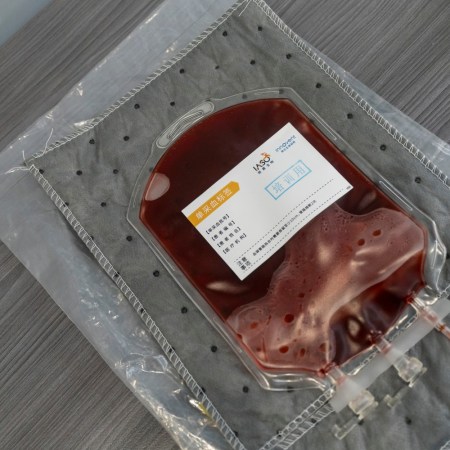He Jiankui, the Chinese scientist who sparked an international debate on medical ethics back in 2018 when he announced he had genetically edited the embryos of two babies born that November, has been sentenced to three years in prison, the New York Times reported.
He was convicted Monday of practicing medicine without a license by a Chinese court in the city of Shenzhen, and was also fined 3 million yuan, or $430,000.
Two other researchers involved in He’s controversial project were also convicted, receiving lesser sentences. Zhang Renli was sentenced to two years in prison and a fine of 1 million yuan, while Qin Jinzhou was sentenced to 18 months with a two-year reprieve and a 500,000 yuan fine.
He’s controversial research first sparked debate back in November 2018, when he announced that he had genetically altered the embryos of twin girls born that month. He claimed to have used a tool called CRISPR in an attempt to disable a gene involved in allowing the AIDS virus to enter a cell, with the hope of making the children resistant to the disease. The identities of the children have not been released, and it is unclear whether the procedure was effective.
The announcement shocked the scientific community, with many denouncing He’s work as medically unnecessary and unethical. Editing embryos is prohibited in the U.S. outside of lab research.
He initially defended his actions against the ensuing backlash, arguing that his research was safe and ethical and adding that he was proud of his contribution to science, but largely disappeared from the public shortly after the announcement.
The court accused the three convicted researchers of pursuing fame and and profit in deliberate violation of Chinese regulations on scientific research and medical ethics. The court also said He and his fellow researchers had not obtained proper medical qualifications.
Subscribe here for our free daily newsletter.
Thanks for reading InsideHook. Sign up for our daily newsletter and be in the know.


















